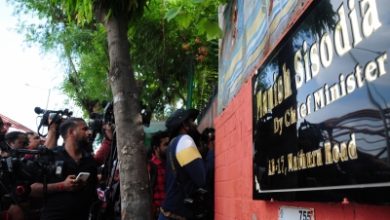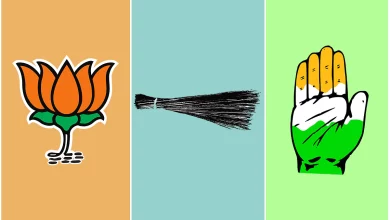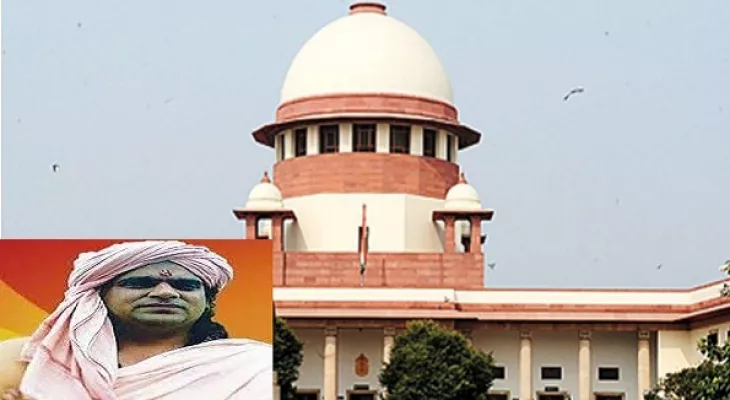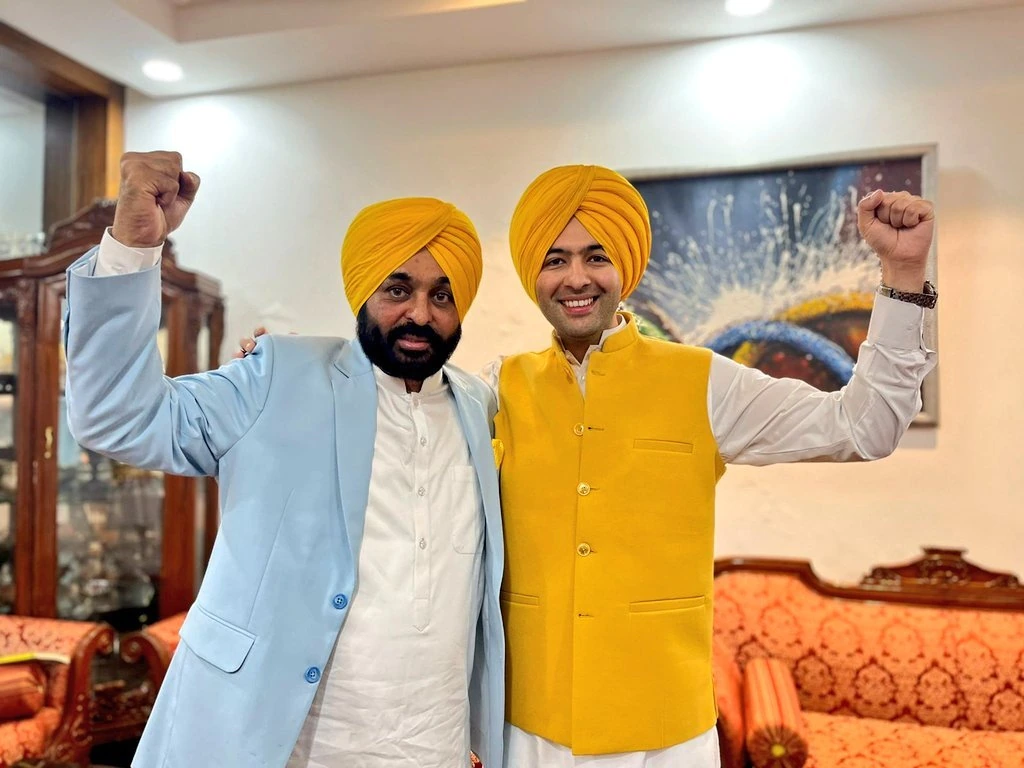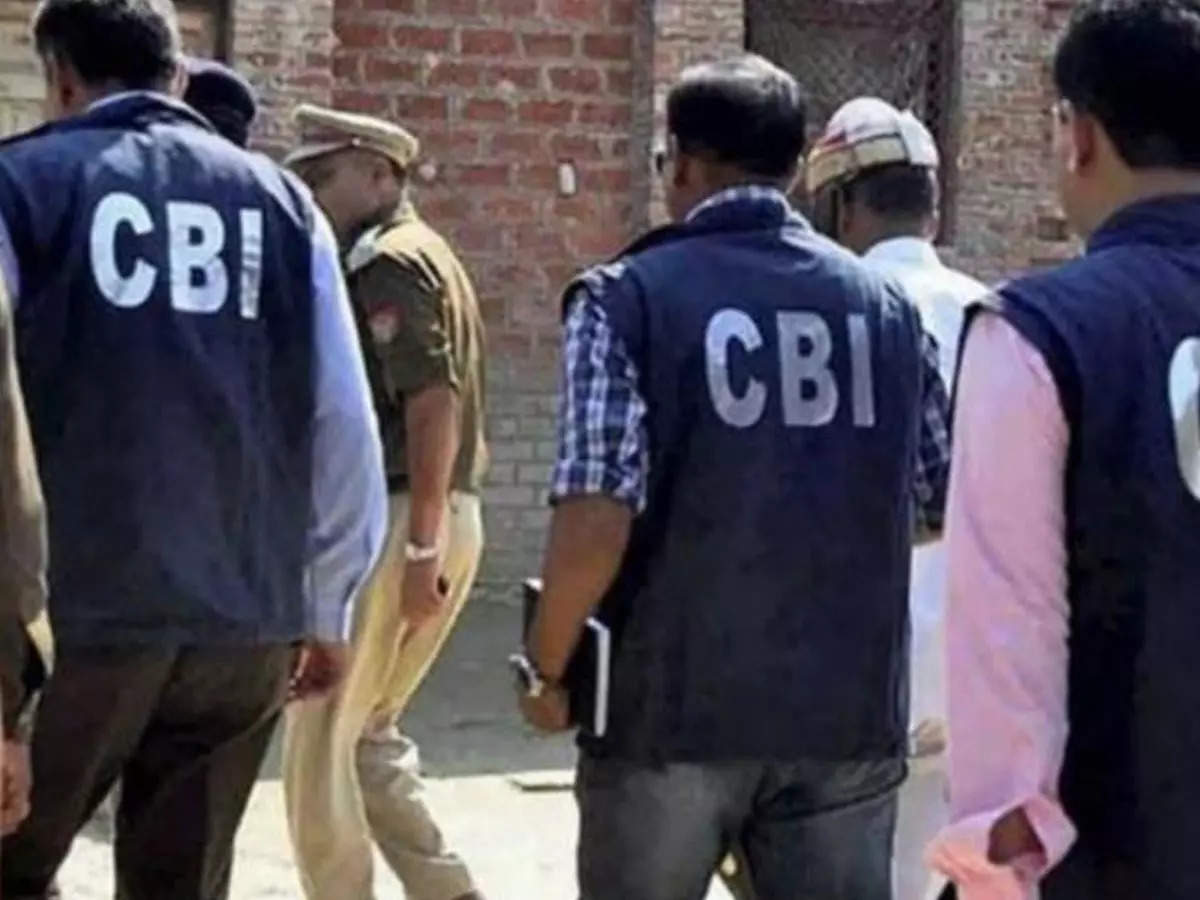Hijab Must Pass Constitutional Morality Test In Triple Talaq Case: K’taka To HC
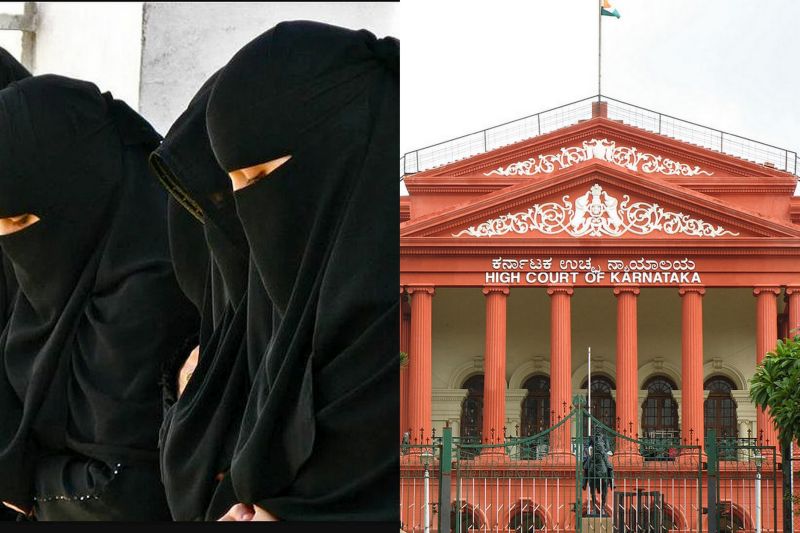
Bengaluru, Feb 18: Making submissions before the three-judge bench of Karnataka High Court, the state government on Friday said that the practice of hijab to be accepted must pass the test of constitutional morality and individual dignity, as expounded in the Supreme Court decisions in Sabarimala and Shayara Bano case. It also argued that hijab is not an essential religious practice of Islam and its February 5 government order is in consonance with the Karnataka Education Act and the right to wear hijab does not trace to Article 19(1)(a) and prevention of the same violates Article 19(1)(a).
These submissions were made by Advocate General Prabhuling Navadgi on behalf of the government during the hearing of a batch of petitions filed by female Muslim students against the ban on wearing hijab by certain state colleges.
Giving the rationality behind issuing the GO, Navadgi said the prescription of uniform has been there since 2013. Referring to the resolution of the College Development passed in 2018, the AG said there was no difficulty when the school uniform for girls was prescribed. There was no difficulty until 2021, when a group of students insisted that they will enter the college wearing a hijab and informed the principal of the same, which led to CDC passing a resolution on January 1, 2022.
“They wanted to consider this in all earnest and right perspective,” Navadgi said. The resolution said that since 1985 till date, uniforms have been worn by all students and no question was raised about it, he stated. The college is only for women and uniform was implemented for discipline and parents were requested to send their children to college only in the uniform, Navadgi submitted.
After this resolution came to be passed, the Muslim students continued with the insistence and did not adhere to resolution, he said. When the government was intimated of the sensitivity of the issue, it decided to constitute a High Level Committee to examine various issues and court judgments, and until then, it asked to maintain the status quo, Navadgi said.
On 25 January, another resolution was passed by the College Development Committee wherein it was decided that status quo should be followed, he stated. “There was a plea to parents to please follow the uniform as it was before,” AG added.
Interestingly, after this resolution was passed this present writ petition was filed when the GO was not in existence, Navadgi said. In the institution unrest continued, which led to another resolution by the College Development Committee on 31 January in which it said children should not wear hijab and if parents send girls with hijab disciplinary action will be taken, AG said. The said resolution is not under challenge before this court or any other forum, Navadgi emphasised. By then the issue spread to other institutions forcing the government to intervene, which was being projected as if the state was doing something and intervening in this matter, Navadgi said.
“The protests and unrest went on. It is with that background that the impugned Order has been passed,” he added.
Navadgi argued that the GO is innocuous in nature and does not affect any of the petitioner’s rights. The operative part of the GO, he submitted, is that the government has ordered that in government schools, students will wear the uniform that it has prescribed and in respect of private schools they will wear what the private school has prescribed.
Navadgi said the state is not interfering, but only saying whatever CDC has prescribed, should be followed. “The question of proscribing or prescribing hijab does not arise,” he said.
The state has given complete autonomy to the CDC and to private management for private colleges, the AG said. “They have unnecessarily dragged it into this issue,” he added.
Raising an objection, Chief Justice Ritu Raj Awasthi asked, “The GO is innocuous. But come to the earlier part of this GO where you have said consider these judgments about hijab. What was the necessity to say all this.”
To which, Navadgi replied, “The State has revisionary powers under Section 131. If in future some student or authority has a grievance that it might result in something, we may or may not take a decision.” He also submitted that the attack on the GO that it is irrational, discriminates against Muslim women is baseless.
“On a plain reading it does not affect anyone’s rights,” he added. Navadgi also countered the argument of Ravi Varma Kumar that CDC is an extra statutory body and hence giving them power to fix uniforms is without jurisdiction. Referring to Karnataka Education Act, Navadgi said the law is to cultivate scientific and secular outlook and build students into better citizens.
The government had to put section 133 (2) rule into operation to fix the uniform for a government pre-university college where there is no managing committee, he submitted. “What is interesting, the college has not called into and questioned this order. None of the colleges have come before court saying this is without authority. It is students that have come before the Court saying that it is without authority. The challenge should fail on that ground alone,” he said.
On the argument of Ravi Varma Kumar that MLA should not take part, Navadgi argued that India has borrowed the Westminster model not the American model of keeping the executive completely away. Countering Kumar’s argument that MLA is a political character and should not be a part of the CDC, AG said there is no restriction on MLA being a member. “Should that character be involved in the administration of an institution,” Justice Krishna S Dixit asked.
“It is a matter which could be debated either way. The GO does not contradict anyone’s rights so the challenge has to fail,” Navadi countered. After Navadgi made unfinished submissions on the question of whether hijab is an essential part of Islam, the Court adjourned the matter for next hearing on Monday.


